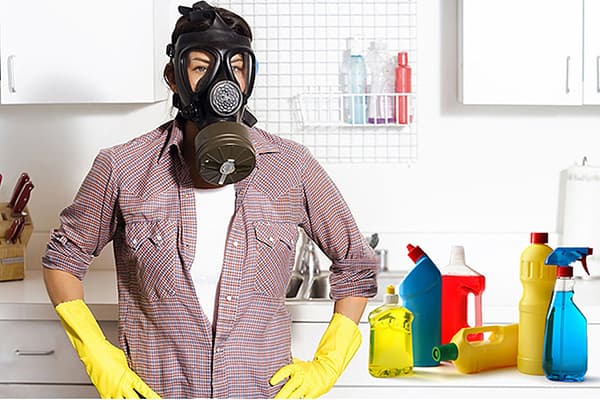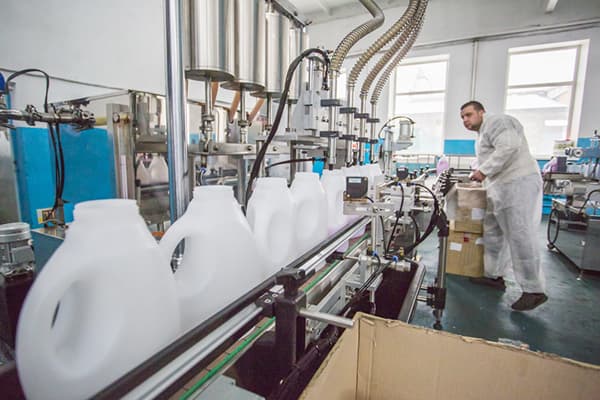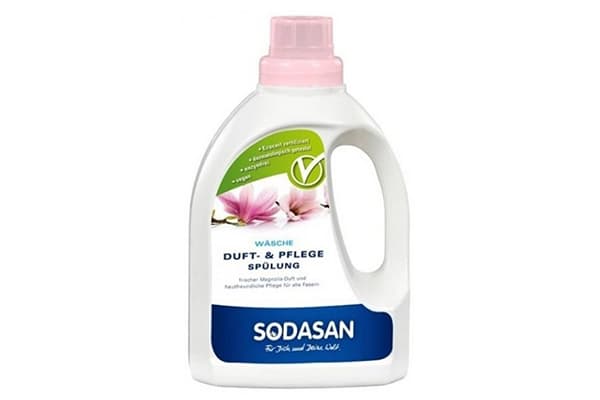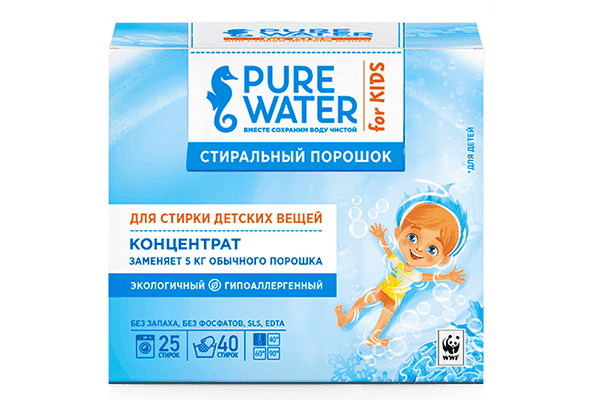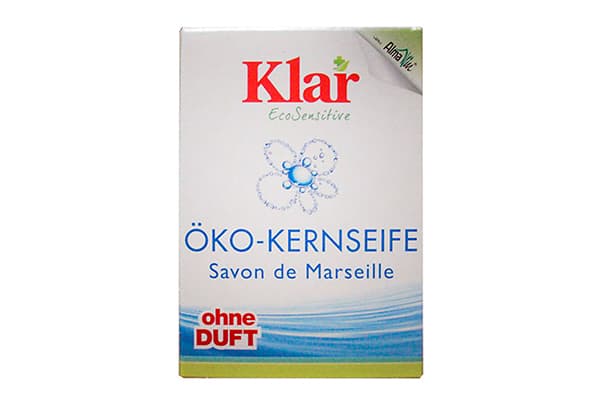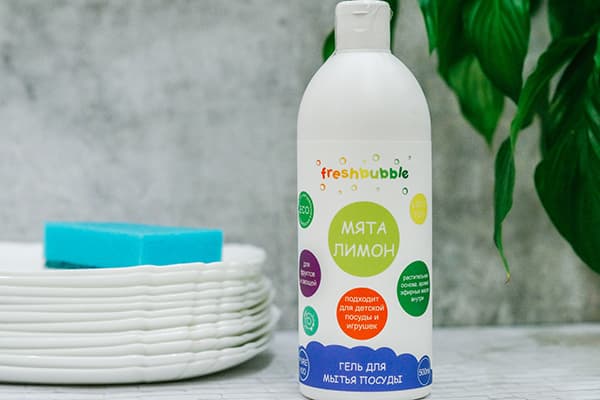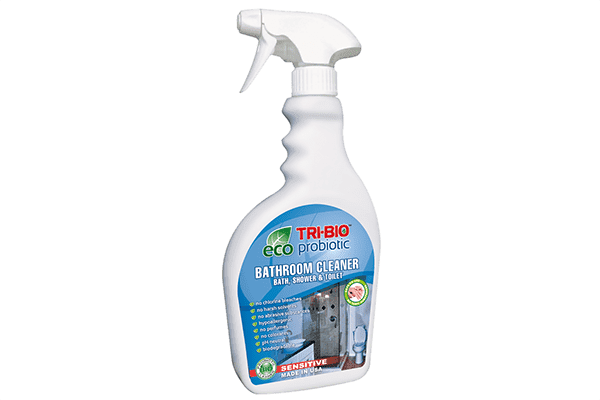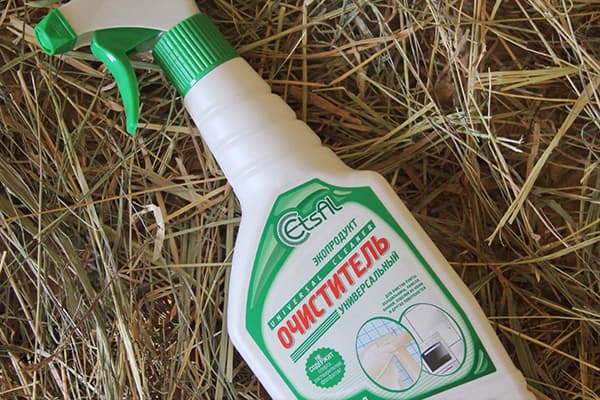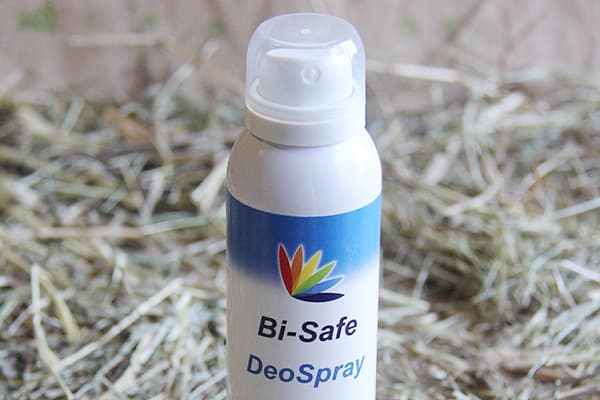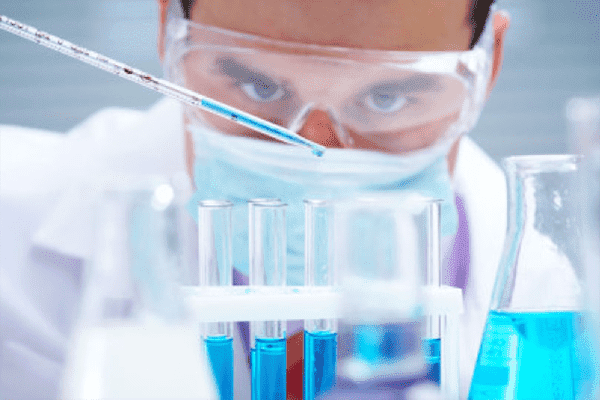Are all environmentally friendly products really safe?
Content:
- Conventional and environmentally friendly products: what is the difference?
- Popular brands of green products: safety analysis
- Sodasan, fabric softener
- Pure Water, MIKO, washing powder
- Klar, Marseille sound soap
- Freshbubble, dishwashing gel “Mint and Lemon”
- TRI-BIO, probiotic for bathrooms and toilets
- Etsal, glass cleaner
- Chrisal, Female Probiotic Deodorant Bi-Safe Deospray
- How to choose a real environmentally friendly product
The new slogan of manufacturers of household chemicals - "environmentally friendly products are safe to use." But is it really so? What components replace aggressive surfactants, oil products and synthetic fragrances? Is it worth it to overpay for "naturalness"? In this article we will analyze environmentally friendly products of 7 well-known brands and find out whether they are safe for health.
Conventional and environmentally friendly products: what is the difference?
The most harmful substances in household chemicals are:
- Anionic surfactants (sulfates). Used in 70% of cleaning products, as they have a low cost and easily cope with pollution. Upon contact with the skin, the protective fat layer is washed off, causing dryness and peeling. Accumulate in the body, increasing the risk of diseases of the kidneys, liver, heart and blood vessels.
Especially harmful surfactants included in dishwashing detergents. Even with a thorough rinse, particles of substances remain on the plates and cutlery.
- Isopropanol Toxic alcohol. Often included in glass cleaners, deodorants. Irritating to the mucous membranes of the eyes and respiratory tract, affects the liver, has a narcotic effect.
- Phenols. They are added to cleaning products to give bactericidal properties. Phenols penetrate the brain tissue, cause pain and dizziness, disrupt the functions of the nervous system.
Also harmful to humans are chlorine (sodium hypochloride), cresols, nitrobenzene, artificial perfumes, dyes.
Environmentally friendly products are products that do not contain the substances listed above. A cleaning, cosmetic or bactericidal effect is achieved through the use of safe components in the right concentrations:
- citric acid and its salts (sodium citrate);
- biodegradable surfactants;
- soap nut;
- plant extracts, for example cherimoya;
- coconut oil fatty acid salts;
- essential oils;
- probiotics (beneficial microorganisms).
Manufacturers claim that eco-products are hypoallergenic, do not harm people with respiratory diseases, children, the elderly, pregnant women.
Some companies confirm the safety of their funds with international quality certificates:
- Ecogarantie,
- Greenpeace
Popular brands of green products: safety analysis
We will analyze the composition of 7 environmentally friendly products of famous brands and check whether they are safe for use, according to the manufacturers.
Sodasan, fabric softener
Products of the elite German company Sodasan are certified by Ecogarantie, Ecocert and others. The neutral components in the air conditioner are water, thickeners lecithin and xanth gum. Essential oils and aloe vera extract give the aroma and softness of linen. The tool is safe to use.
Pure Water, MIKO, washing powder
Russian manufacturer. 300 grams of the product costs 160 rubles, but the consumption is 6 times less than that of ordinary washing powder.
Safe components in the composition:
- soda,
- sodium citrate
- sodium silicate
- salts of coconut oil fatty acids.
However, sodium percarbonate is present. This is a synthetic substance. Irritating to skin and may cause allergies. True, its concentration in Pure Water washing powder does not exceed 5%.
Klar, Marseille sound soap
"Soft" soap of a German company. Contains safe sodium salts of fatty acids (sodium palmitate and sodium cocoate), common table salt and sodium thiosulfate - a component with a detoxifying effect.
Potassium hydroxide is indicated at the end of the composition. This is a strong alkali. But in low concentrations, potassium hydroxide is safe for the skin.
Freshbubble, dishwashing gel “Mint and Lemon”
Another Russian manufacturer of environmental assets. Instead of conventional surfactants, the gel contains a mild cleanser cocoglucoside and citric acid. Essential oils of mint, lemon and lemongrass are responsible for the bactericidal properties and pleasant smell.
However, the composition contains sodium benzoate (sodium benzoate). It is a harmful preservative that accumulates in the body. In combination with vitamin C (which is present in lemon essential oil), it acquires carcinogen properties. Prolonged exposure to sodium benzoate leads to a lack of hemoglobin in the blood.
TRI-BIO, probiotic for bathrooms and toilets
US production. The safety of Magnesium nitrate in the composition of the product is in question, since the component can cause irritation after prolonged contact with the skin. The same applies to Kathon CG.
The remaining substances in TRI-BIO are harmless.
Etsal, glass cleaner
Russian ecospray.
It consists of only three components:
- water,
- natural fragrance
- biodegradable surfactants.
The latter do not accumulate in the body and do not harm the environment. They are obtained from biodegradable raw materials - straw, wheat bran, and other agricultural wastes.
Chrisal, Female Probiotic Deodorant Bi-Safe Deospray
The Belgian company Chrisal produces fairly expensive environmentally friendly products and organic cosmetics. So, the deodorant Bi-Safe Deospray costs 680 rubles.
There are no complaints with the Bacillus Ferment probiotics. But there are other components:
- Isobutane - can cause skin irritation, allergies, may contain carcinogenic butadiene;
- Propane - toxic propellant *, irritates the mucous membranes of the eyes, skin, internal organs;
- Butane - another propellant with narcotic and asphyxiating properties;
- Isopropyl Alcohol - it is isopropanol, which was described above;
- Benzisothiazolinone - an irritant of the mucous membranes, an allergen, pollutes the environment.
It is rather an environmentally "dirty" tool, despite the high price.
* Propellant is a substance by which excess pressure is created inside the aerosol can, allowing the agent to be sprayed through the dispenser.
How to choose a real environmentally friendly product
Thus, not all environmentally friendly products are safe to use. The high price and the manufacturer’s certificates do not guarantee you no harm.
Carefully study the composition of each product on the package. Look on the Internet (for example, in chemical directories) the biological properties of certain substances. You can use convenient services for checking the composition of funds, in particular gusilebedi.shop, ecogolik.ru.
Even natural essential oils can irritate the skin and cause individual intolerance. Be careful!
Compared to ordinary household chemicals, environmentally friendly products are a real salvation for the home. But manufacturers do not always release completely safe products. Check the composition before buying. Just in case, when using non-cosmetic products, wear rubber gloves and ventilate the room.
